Fábio Borges has emerged as one of the top Fantasy Premier League managers in recent years.
Currently third in both our Career Hall of Fame and Live Hall of Fame, Fábio’s rise has been meteoric – he only started playing FPL in 2014/15 – and his season history makes for enviable reading:
Not someone who actively courts the limelight – he turned down Joe’s invitation to appear in his Meet the Manager series – Fábio kindly agreed to answer a few of our questions.
Here he is in his own words:
I’m Portuguese, 39 years old and I live in Lisbon.
I’ve followed the Premier League since I was a kid. I remember Matthew Le Tissier was my favourite player back then, he used to score amazing goals on a regular basis. I think the Premier League’s popularity grew a lot in Portugal after Jose Mourinho joined Chelsea but it was always the most followed foreign league, of course.
I always enjoyed football, statistics and strategy games so FPL looked like the perfect fit for me. Actually, I played Fantasy NBA and Fantasy UCL even before I joined FPL in 2014/15.
I was really bad at the beginning, I remember I had Jason Puncheon and Adam Johnson in my first XI and a very expensive bench. The turning point was when I captained Charlie Austin for a hat-trick. I would never do it nowadays but I loved that feeling and I started to put a lot more thought and analysis into my decisions from then on.
I mostly enjoy the decision-making process in FPL and everything it involves. I spend a lot more time than I should looking into stats, team news and players’ history but it’s great when it pays off!
Time well spent most would agree.
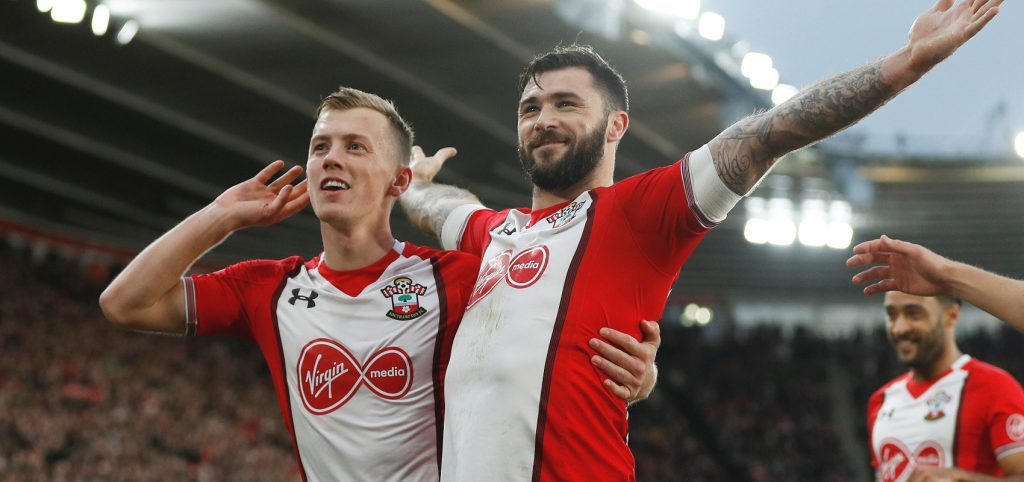
Fábio’s success coupled with his desire to keep himself to himself has helped cultivate an air of mystery around the Le Tissier-loving Portuguese.
I’m not active at all on social media and I’m only in two FPL-related Facebook groups, which is more than enough for me since I like to make decisions by myself mostly. That’s most of the fun for me.
But I’ve made FPL friends in those groups – my “real-life” friends don’t care about FPL at all!
Basically, I only discuss strategy with a handful of friends and I’d like to send a shout out to Alberto and Sukhraj, who I’ve known for several years. They help me a lot every week when I’m not sure about what to do.
Like Meet the Manager guest, former Hall of Fame number one, and arguably the most exceptional FPL manager, Kenneth Tang, Fábio has a poker background.
I played poker professionally for six years and now I work for a sports betting website.
My poker background helps me a lot with FPL because there are several similarities. In both games we have to make the best possible decision with the information we have available at the time – and it’s important to remain calm when things don’t go our way.
Just because someone blanked twice in a row, it doesn’t necessarily mean that he is suddenly a bad pick and the same applies to poker – just because you lost one hand, it doesn’t mean that you played it poorly.
I think that being able to distance myself from the short-term results is one of my biggest strengths in FPL and poker played a huge part in that.
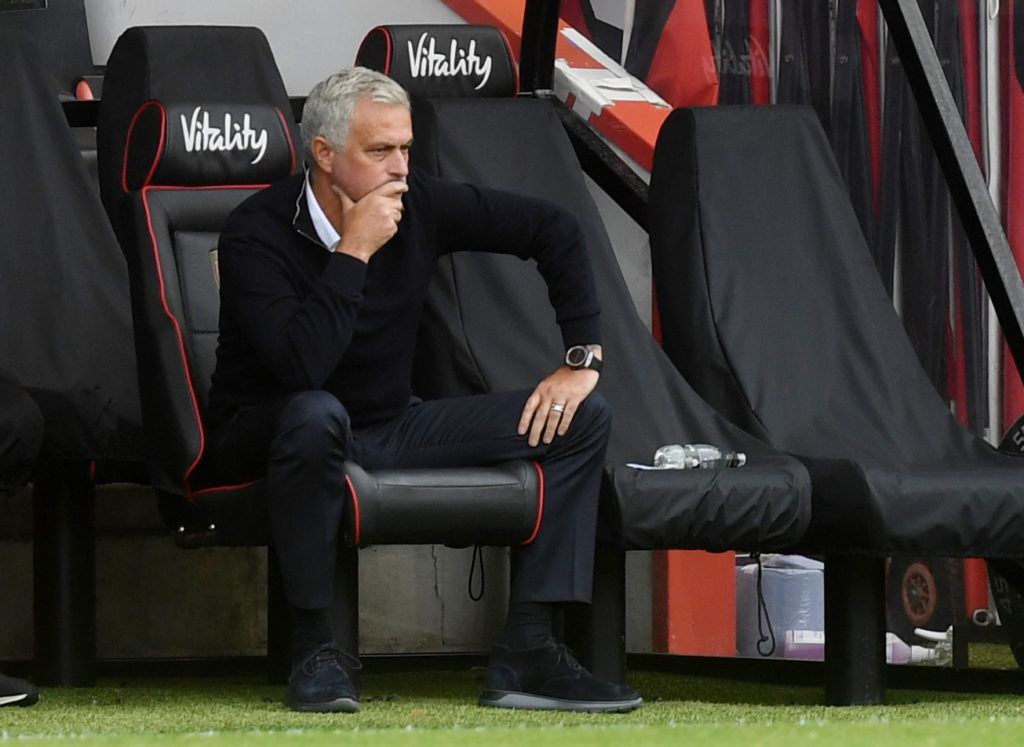
Fábio’s enjoying another excellent season, sitting at 4,206th in the overall standings ahead of the Gameweek 36+ deadline.
The FPL Mourinho has taken just four hits all season and has made an impressive 281 points in immediate transfers.
He’s also been incredibly good at picking his captain. The former poker professional has suffered a mere nine blanks and gained 540 armband points, 24.58 per cent of his total score.
(Stats courtesy of FPL Statistico).
Back when I handed Charlie Austin the armband it was a wild punt based purely on gut feeling, which was a mistake I made a lot in my first season. It worked that time but I quickly realised that an analytical approach is far superior than following gut feelings or the so-called eye test, which are very prone to all sorts of bias.
Nowadays I only captain the best possible options from a stats perspective and I can’t even remember the last time I captained someone from a bottom half team like Charlie Austin. It’s fun when it works but it won’t pay off in the long run and your overall rank will suffer if you make many sub-par decisions like that.
I’m definitely a stats-oriented manager, so what makes me decide to buy someone is basically a mixture of long-term stats (xG especially), fixtures and how reliable that player has been in the past.
If a player seems to be in form I see it only as a bonus, but I don’t put much weight into it because it’s impossible to know how long it will last.
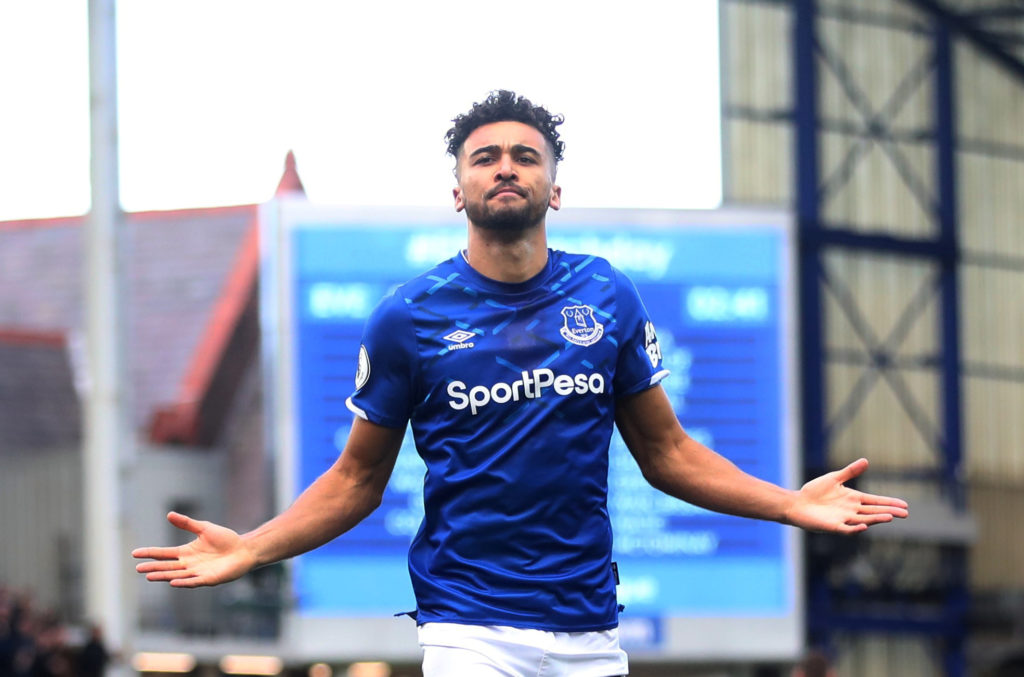
As for tactical preferences, Fábio doesn’t pin his colours to one mast and tends to go with the flow.
He is a big advocate of that most Marmite of underlying stats, however: expected goals.
I remember I started with 5-3-2 three seasons ago because I had a lot more confidence in the £6.0m defenders than I had on the £6.0m mids and forwards. I also try to have as little money as possible in the bank (ITB) but I don’t mind deviating from that strategy when the schedule is as crazy as it is now. That’s one of the main reasons why I have Dominic Calvert-Lewin as my first sub.
Sometimes I go for cheap defensive rotations, sometimes I go with heavy hitters only. It always depends on the available options at each time, and fixtures play a huge part when I’m picking defenders.
In the beginning, I used to look into all kinds of stats to try to find useful patterns but I soon realised that, in isolation, most of them did not correlate well enough with future FPL points.
Then, four seasons ago, I found out about xG. And since then it’s the only stat I use (along with xA) when making FPL decisions. Of course, it is not perfect but if the model is reliable – and you know how to interpret it – I believe it is, by far, the most useful stat for FPL.
I make my own xG tables which I try to update as often as possible. I put a lot of work into it and I try to adjust players’ xG numbers by using their career xG Delta (when the sample is big enough).
There are players who are consistent xG overperformers and others that underperform the model for long periods of time. For example, Kevin De Bruyne overperforms the model by 35% while Jesus underperforms it by around 25%.
I think it’s important to use xG Delta because you can easily be fooled by some great xG numbers from a particular player who is a consistent underperformer/bad finisher. And vice versa.
Another tool that I use a lot is Mikkel’s algorithm on Patreon. I often use it to compare with my own xG tables and when a player looks good on both models, it usually means he is a good transfer target.
CHECK OUT PLAYER AND TEAM EXPECTED GOAL DATA IN OUR MEMBERS AREA
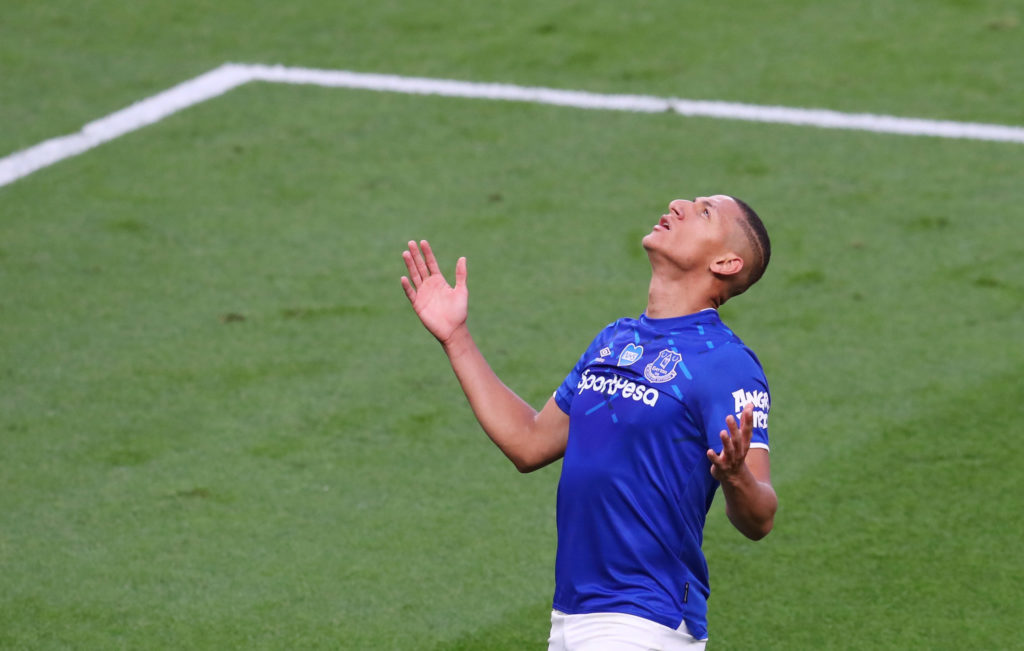
Former FPL winner and Pro Pundit Simon March, another of Joe’s Meet the Manager guests, often writes about the psychological aspect to FPL.
A graduate in behavioural economics, Simon has described the mental obstacles managers can face when making decisions, such as confirmation bias or the “What-the-Heck effect” (the idea that we are more likely to take risks following a loss).
I think it is almost impossible to avoid confirmation bias completely but it’s always in the back of my mind. And I always try to keep an open mind when assessing my options. Since I only use a couple of different stats/sources to make my decisions, it’s harder to fall into any type of bias.
I never make emotional transfers or decisions, that’s very easy for me to manage.
My background as a poker player is extremely useful when things go wrong because one of the most important skills in poker is the ability to control your emotions.
And in poker tournaments, it’s even harder to do it than in FPL because you have to make decisions immediately after a bad beat, while in FPL you can just turn off the computer and decide tomorrow with a fresh mind.
Price rises can often push a manager into making an early transfer decision, especially if that £0.1m increase would make a player unaffordable.
Indeed, missing out on the best possible deal can affect our perception of value, argues Harvard psychologist Dan Gilbert.
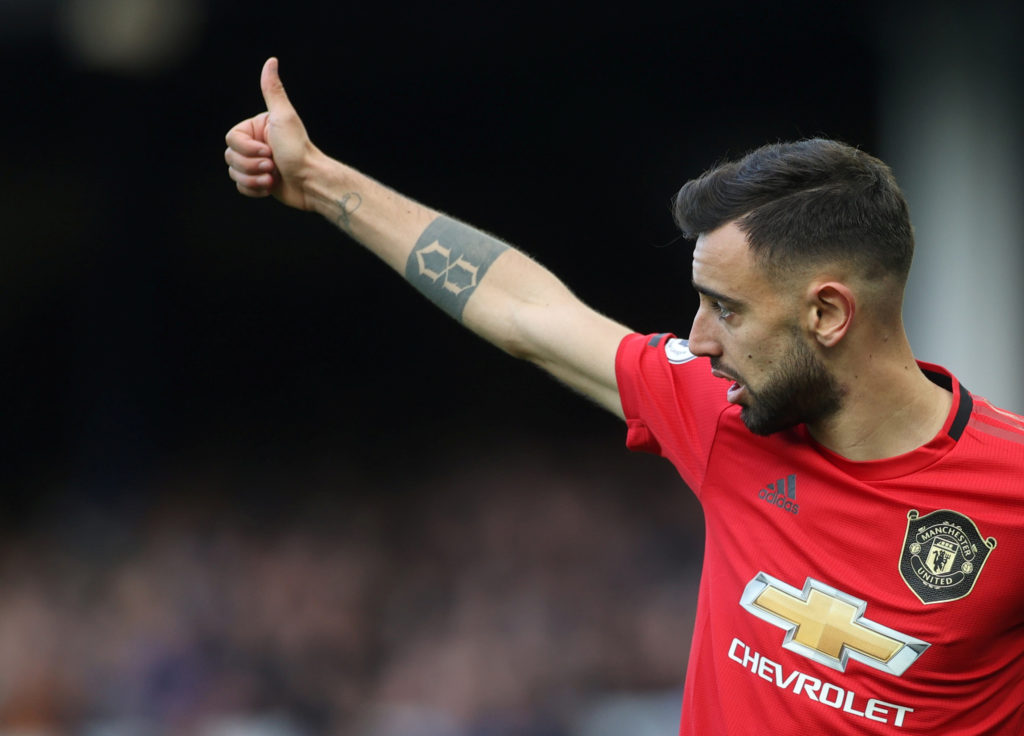
But Fábio’s hand is never forced.
Price rises don’t affect me either, because I don’t follow price changes at all and I only decide if a player is good value in the moment I’m making that decision.
For example, if I didn’t have Bruno Fernandes in my team and his price increased to £10.0m overnight, I would still buy him because I think he would still be better value than the alternatives in that price range and I wouldn’t care if he was £8.0m before.
My squad value is very low so I couldn’t afford De Bruyne and Mohamed Salah. But I think the points I gain during the season by waiting for pressers/info far outweigh the points I lose for having a lower TV by the end of the season.
I think Liverpool will rotate a lot less than City in general. City are still in the Champions League and FA Cup and that’s one of the reasons why I only have De Bruyne in my team.
Pep roulette is a bit too unpredictable right now and I prefer to focus on players with higher expected minutes per match than most of City players.
Liverpool’s season, on the other hand, is already over so there’s no need to rest players that are naturally fit like Salah and Sadio Mané. I would be surprised if they miss more than one match going forward but who knows…
Pro Pundit Zophar has written about rest periods recently, while Pro Pundit LateRiser has investigated its impact on teams. But does it affect Fabio’s thinking?
Yes, I think it’s very important to look into rest periods, especially in this crazy stage of the season. In fact, that was the deal breaker for me between Anthony Martial and Riyad Mahrez in Gameweek 33+.
Looking ahead, I’m fairly happy with my team right now even if I made a couple of bad decisions on my Wildcard (Ben Foster over Pope/Martínez and Dominic Calvert-Lewin over Virgil van Dijk come to mind).
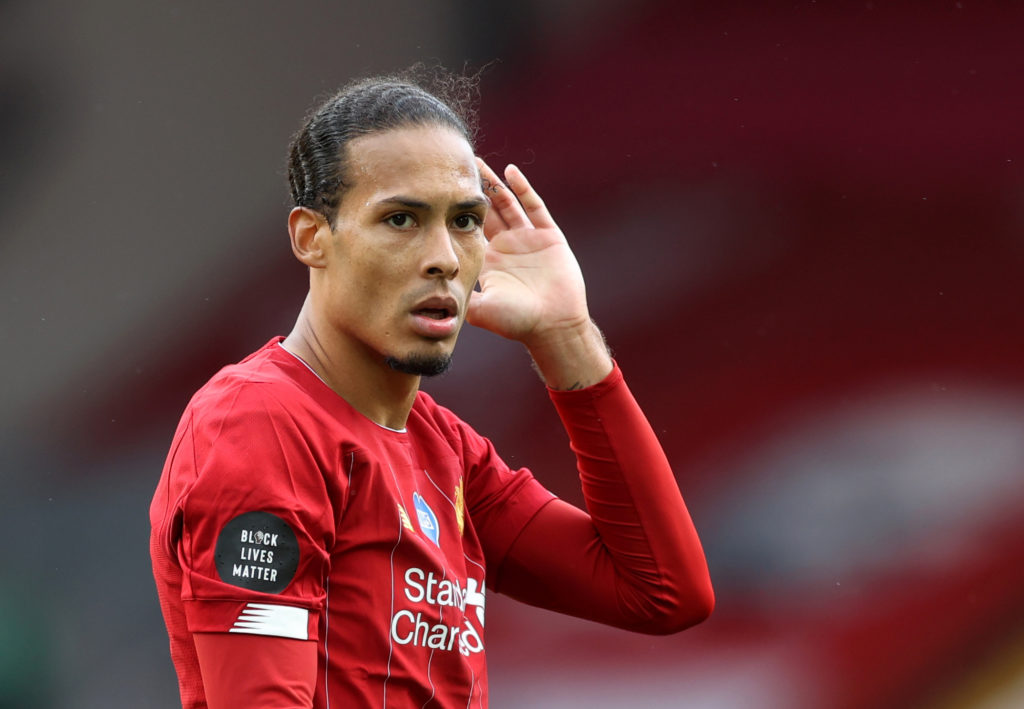
Reflecting on that decision to favour Foster over Pope or Martínez on his Gameweek 31+ Wildcard, Fábio explained:
In hindsight, it was a big mistake for sure but I did base my decision on a couple of factors that, to me, made sense at the time:
- The fixtures were better for Foster and Watford were fighting for survival
- I assumed Burnley might be on the beach already and never thought Arsenal would be able to keep three clean sheets in a row
- There were reported issues of unease at Burnley when I Wildcarded
However, I did ignore one big factor which is defensive personnel and team mentality.
Watford’s back four is just not good enough and Burnley is a well-drilled defensive machine led by a very demanding manager.
So, I think I definitely should have gone with Pope but I was also hit hard by variance in this particular decision, with Pope getting 19 more points than Foster in just five Gameweeks.
Recent transfer moves have had mixed success for the Lisbon resident.
Selling Salah for De Bruyne didn’t work out in Gameweek 34+, with the Egyptian going on to record a season-high 18 points away to Brighton while the Belgian provided a solitary assist in a 5-0 win over Newcastle.
But taking a rare hit to bring in Michail Antonio in Gameweek 35+ certainly did – the Hammers talisman putting four goals past a hapless Norwich. An enabling transfer of Trent Alexander-Arnold to Andy Robertson helped generate funds.
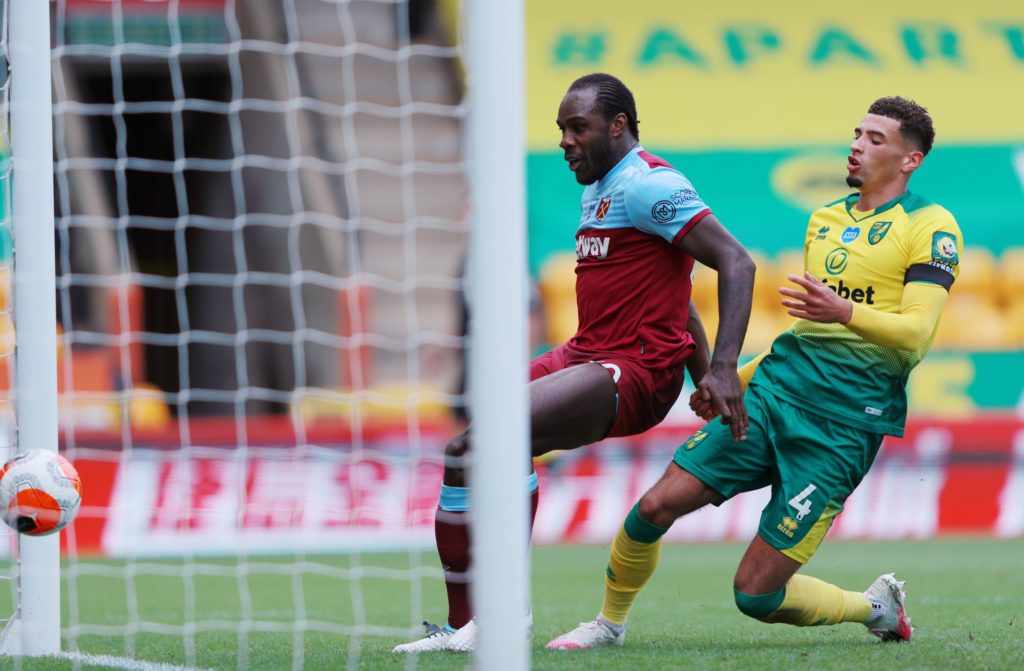
Below he explains his thinking behind those moves:
Honestly, I think selling Salah was another poor decision from me… I’m a big Salah fan and I usually trust him regardless of how bad he looked in the previous match. But I thought that KDB could wreak havoc vs Newcastle, and so I tried to protect my rank a little bit and save some money at the same time.
Of course, Mo Salah didn’t like my lack of faith and immediately punished me with a mega haul!
My main reason for taking a hit in Gameweek 35+ was the fact that I was 90% sure TAA was going to be benched vs Burnley, plus I had two injured players and Guendouzi on my bench.
To me, Klopp’s words about Neco Williams were almost a guarantee that he would give him a chance at playing in his natural position – and the Burnley match seemed perfect for that.
At the same time, I didn’t want to play Calvert-Lewin vs Wolves and I noticed that Antonio was delivering elite xG numbers for quite some time now, so I really wanted him in my team.
So, I thought that Robbo’s extra match over TAA, together with Antonio in my XI and DCL as my first sub going forward was enough reason for taking a hit, even this late in the season.
Of course, even in my wildest dreams I couldn’t predict how well it would pay off, variance was clearly on my side on this move but I’ll take it!
What’s interesting to me is that if I didn’t make the mistake of getting KDB for Salah, I wouldn’t have had the money to buy Antonio. Goes to show that transfers shouldn’t be judged by their immediate result, regardless of how good/bad it was!
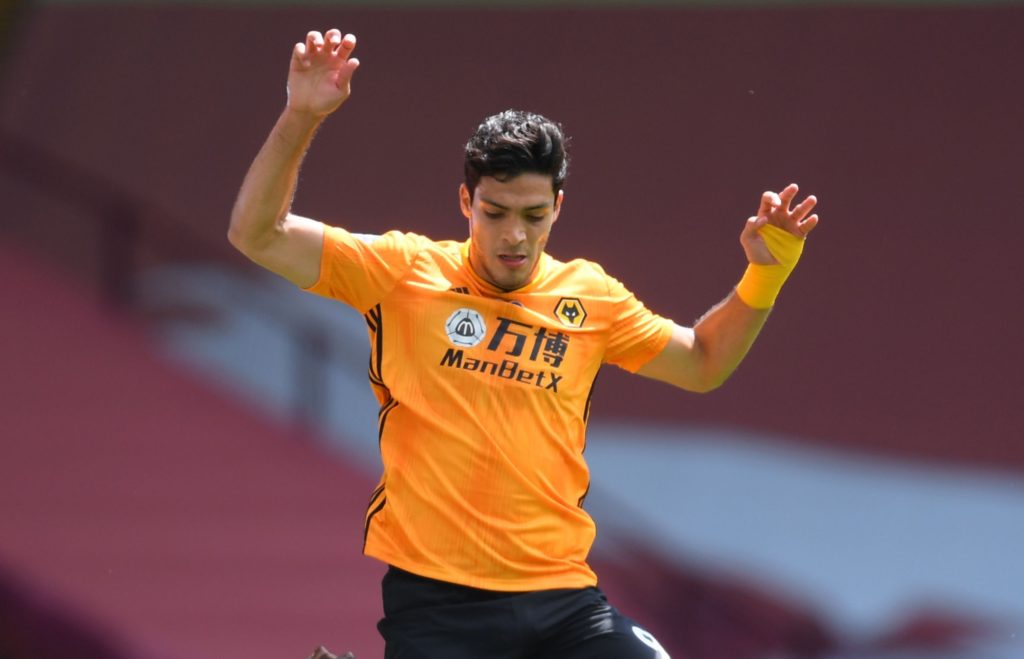
Ahead of Gameweek 36+ he decided to save a transfer, despite the clamour for City players:
I was pretty happy with my team pre-Gameweek 36+ so it was kind of an easy decision saving it and having the luxury of making two moves in Gameweek 37+ before I use my Free Hit chip in Gameweek 38+.
I did consider Raul Jiménez to Danny Ings but it seemed a bit sideways to me, especially considering how tight Southampton’s schedule is in the next few Gameweeks. I also like Jiménez’s fixtures and consistency with 90 minutes guaranteed almost every time, so I decided to save my FT and trust Bruno with the captaincy for the second Gameweek in a row!
Finally, over the lockdown period, Fábio became the first-ever Virtual FPL champion! What did he make of the game and his experience of playing it?
It was a blast, it definitely made my quarantine a lot more fun and I would like to thank Ragabolly for organising it. I thought the mechanics were pretty similar to FPL and the fact that it was a photo finish decision in the last Gameweek with one of my best friends made it even more special!
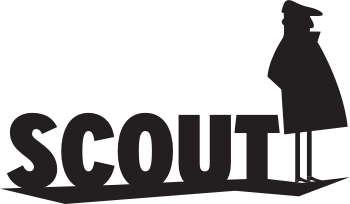



4 years, 3 months agoNot being funny but Giroud c wasn’t the worst choice l have made this week yawn....